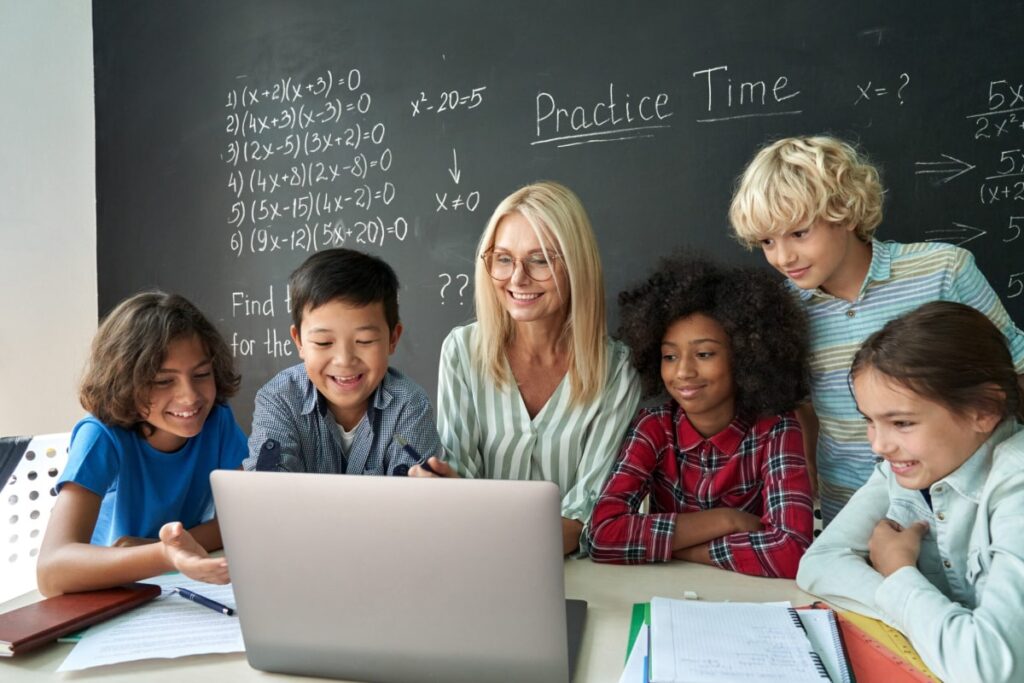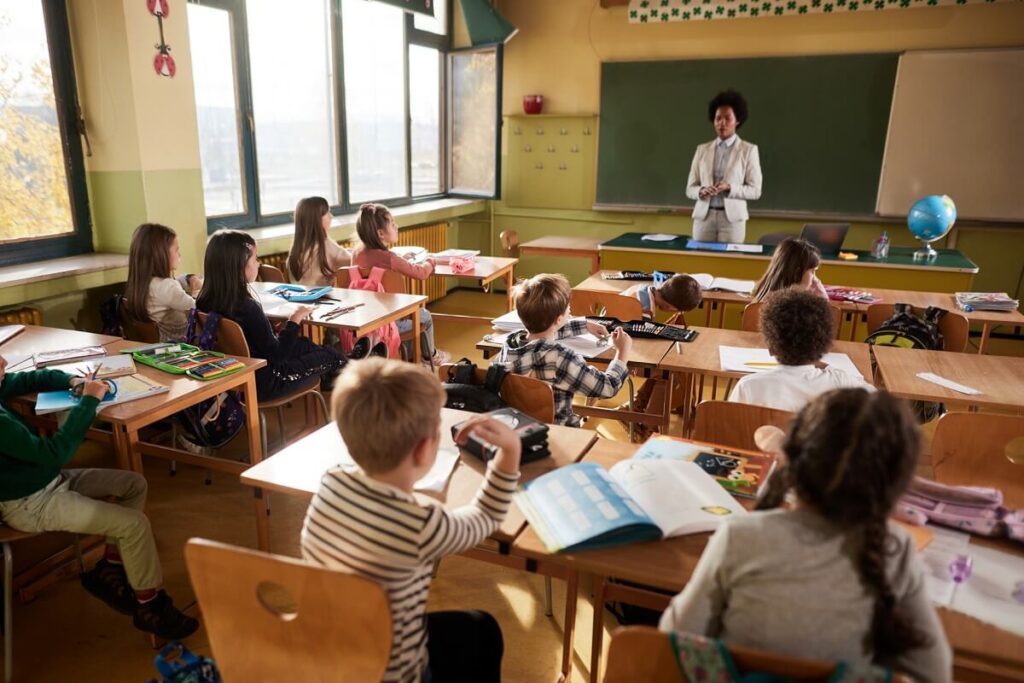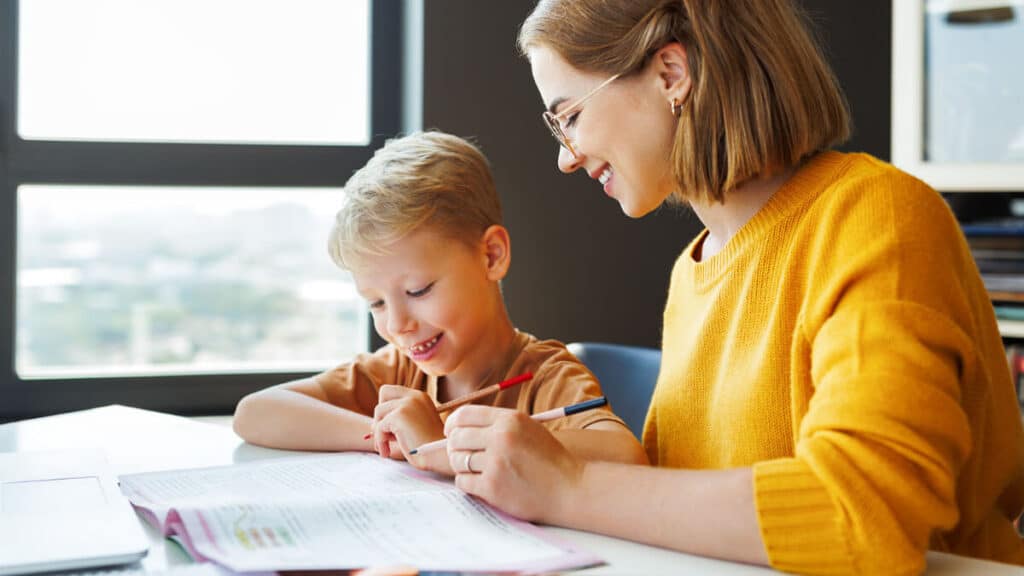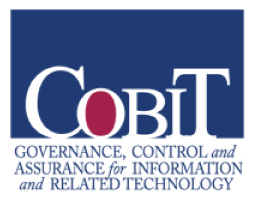A guide for families raising children with learning, social and/or behavioral challenges
Rethink suggests following the recommendations of your public health officials for guidance on holiday gatherings during the COVID-19 pandemic.
As the winter holidays approach, you might be wondering how to balance supporting your child’s learning, social and/or behavior challenges and adapting to the unique circumstances of celebrating during a pandemic. Our team has compiled a list of ideas we think you’ll find helpful.
There are many holidays across cultures, worldwide, during the latter months of the year. This time of year is often filled with fun, family, great food, nostalgic movies, traditions and maybe even presents. This season can also create a wave of stress – a lot of stress. There are more people to see, more events to attend and prepare for, more decorations and distractions, time off from school/work/therapies – the list goes on.
Now with 2020 being in the midst of the COVID-19 pandemic, we may also have to deal with modifications and changes to our usual celebratory routines. This can be hard for some kids (and adults, too!).
Holidays often requires extra preparation, organization and logistical planning in order to keep stress to a minimum. Let’s take a look at some examples of how families can maximize the holiday cheer this year:
Prepare Ahead
Teach valuable skills your child will benefit from having now, so he/she can participate in holiday activities. These include:
- Motor skills — Practicing spinning a dreidel, crafting, unwrapping and wrapping presents
- Language skills — Using manners (Please, thank you), following instructions (Don’t touch!)
- Academic — Budgeting and purchasing presents, baking, counting up on an Advent calendar
- Social skills — Turn taking, sharing, gift giving, playing games, having a conversation with unfamiliar people
- Self-help skills — Tolerating winter clothing, trying new foods, sitting at the table
- Physical distancing – Role playing safe distances
- Mask wearing – Practicing wearing masks for increased durations of time
Plan Traditions Carefully
Decor Tips:
- Set presents out right before opening to reduce temptation
- Involve your child in decorating
- Add decorations slowly or scale back what you put out if change is difficult for your child
- Be mindful of safety (plastic vs. glass ornaments, fake vs. real menorah candles)
Celebration Tips
- If you won’t be celebrating in-person with others, consider telling your child sooner rather than later to help him/her cope with a possible upset
- Consider writing a social story (an illustrated teaching story in first-person) to help your child understand how this year’s holidays may be different
- Get your child involved in brainstorming “distance” holiday games and festivities that might be fun to do over video conference, or select alternative activities to do at home
- Practice attending religious ceremonies via video conference so when your holiday comes, your child will be more familiar to this format
- If you plan to attend religious ceremonies in-person, practice going, stake out a spot and plan an escape route if this is not a regular occurrence for your child
- Practice being around more stimuli (smells, candles, music, etc.)
- Place a picture of the gift’s recipient instead of name tags on gifts, so your child can participate in gift giving independently if he/she cannot read
- Wrap up toys/gifts your child already owns if your child is overwhelmed by new/unknown items, so he/she can still participate with others
- Prepare an event book of past pictures/descriptions to help your child anticipate this year’s festivities, especially if they will look similar
- Use a visual schedule/calendar to set expectations for things such as when a Christmas tree is coming/going, the dates of Kwanzaa, etc.
Keep Behavior Protocols Running
- Work with teachers/therapists to help you prepare and suggest ideas to maintain skills
- Ask for help from your support network to keep protocols consistent (child-care workers, etc.)
- Keep exclusive reinforcers handy (items, toys, snacks that are highly motivating but are restricted) for long car rides and behavior expectations during events
- Use visuals such as sticky notes or a reminder on the refrigerator of what behaviors you are working on with your child and what they are earning, as it’s easier to forget during holiday time
The Day of the Holiday or Celebration
- Define social expectations for your child if you will be around other people and if there are any rewards associated with appropriate behavior
- Define social expectations for the caregivers to alleviate confusion and frustration (e.g., take turns between child monitoring/play facilitation vs. family/friend socializing)
- If mealtime is difficult for your child, give yourself permission to eat ahead of time to avoid food struggles
- Brief family members of any special requests (pets out of the room, lower the music, need a quiet place for a home base, etc.)
- Give yourself a pep talk. You are prepared and doing the best you can. This is your holiday, too!
During the Festivities
- Stake out a quiet spot for your child to find retreat, if needed
- Introduce your child slowly to family/friends
- Use a concrete visual aid (e.g., an ornament) to signal when it’s someone’s turn to open a gift if impulsivity is a challenge for your child
- Watch for behavioral precursors, as they may come up more quickly in stressful situations
- Give tasks/jobs so your child feels included (e.g., helper in the kitchen) • Allow staggered gift giving or reserve for later if your child gets overwhelmed
- Inform unfamiliar/new people of your child’s needs and how to act around them
- Watch for safety hazards as not all environments or homes are child/baby proofed the way your child is used to at their own home
- Reserve special one-on-one time for your child to help him/her feel safe
- Allow breaks or give special roles during eating if your child cannot sit for long periods (e.g., the “roll passer” or the table interviewer)
- Enjoy yourself!
Overall, this time of year can be sprinkled with stressful scenarios and, while we can’t prevent everything, practicing, preparing and planning ahead can help to make for a more enjoyable holiday season for everyone. We invite you to reflect on some of these tips to see how you can personalize them to your family and the holidays you enjoy.
Additional Resources:
How to prepare your child with special needs for Chanukah











